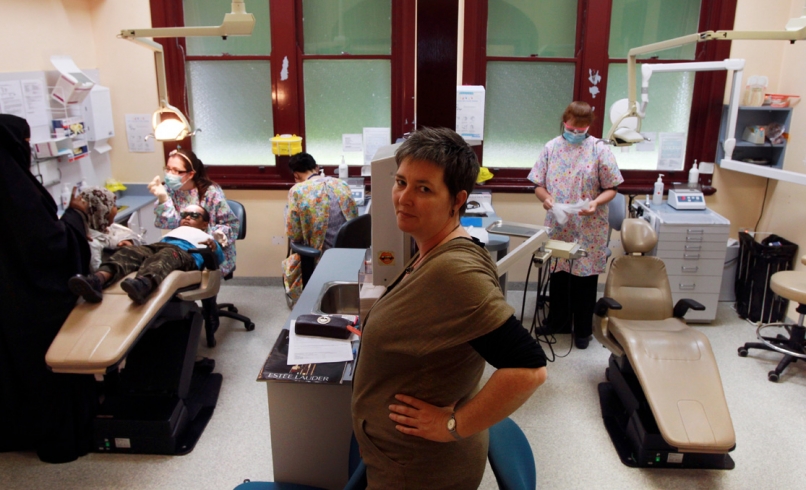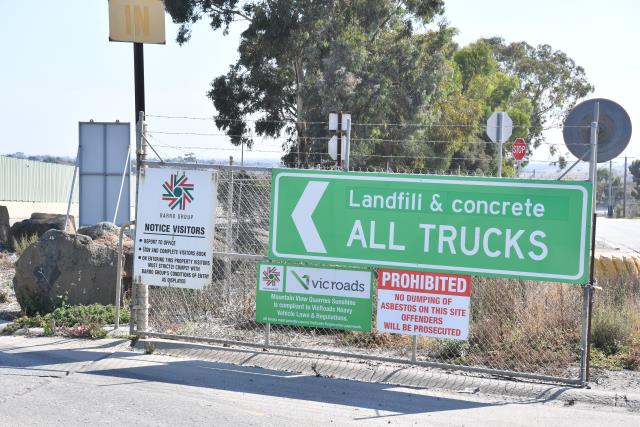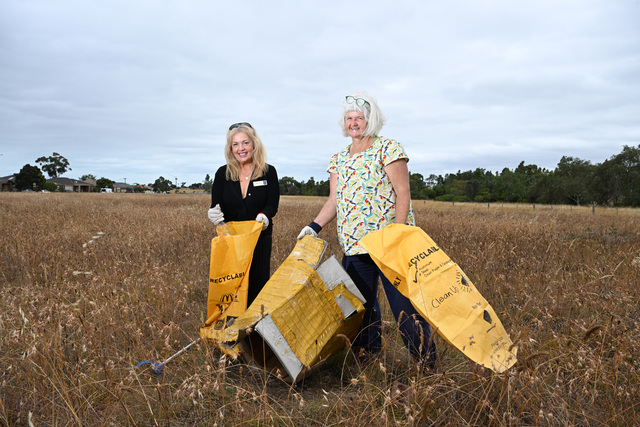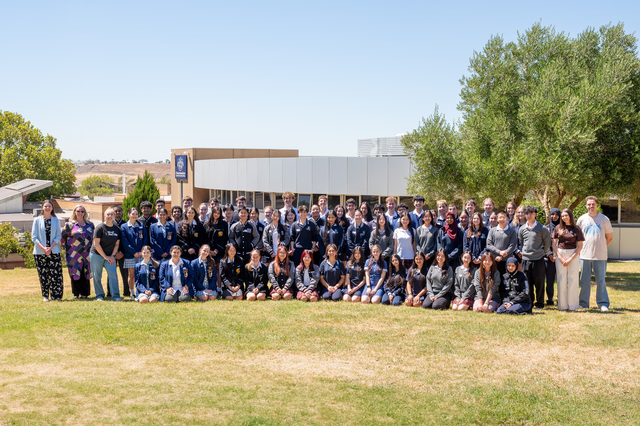A proposed streamlining of the welfare system might disadvantage the nation’s most vulnerable and make them sicker and more isolated, according to a community health service provider.
Western suburbs-based provider cohealth raised the concerns following last month’s release of the final McClure report, which recommends simplifying the nation’s $150 billion welfare system.
The federal government is considering the report, which suggests cutting down 20 income support payments to just five – a tiered working- age payment, supported living pension, child and youth payment, carer payment and the age pension.
It also recommends 55 supplementary payments be reduced to four: housing, child and family, education, and carer and disability.
Cohealth chief executive Lyn Morgain welcomed the report’s goals but said the reforms, which linked payment tiers with capacity to work, overlooked “circumstantial factors” such as access to transport and childcare or workplace discrimination.
“The tightly defined criteria for the proposed payment levels do not adequately account for these important factors,” Ms Morgain said.
“And the risk is that vulnerable people in need of support will fail to meet the criteria.”
Ms Morgain said high unemployment in Melton (9 per cent) and Brimbank (8.9 per cent) meant more people were vulnerable to welfare reforms.
“Melton has the highest rate of people in Victoria with high to very high levels of psychological stress – anxiety, depression and worry – but the lowest availability of GP clinics.
“Unemployment rates are also high, meaning people are likely to be relying on welfare to support them through difficult times.”
According to the latest Population Health Data report by HealthWest, 6.3 per cent of Brimbank and 4.6 per cent of Melton residents are on a disability support pension, while 7.3 per cent of Brimbank and 4.5 per cent of Melton residents were NewStart recipients at the end of June, 2012.
Ms Morgain urged the federal government to bolster educational, training and employment services for everyone.
“If we’re serious about improving employment and health outcomes for people, we need to reform the educational, training and employment pathways for all groups of people,” she said.
Social Services Minister Scott Morrison said it was important to redesign the welfare system, which was “costly, confusing and inequitable”.
The government will consider the report’s recommendations and outline its response in the 2015-16 budget.

















